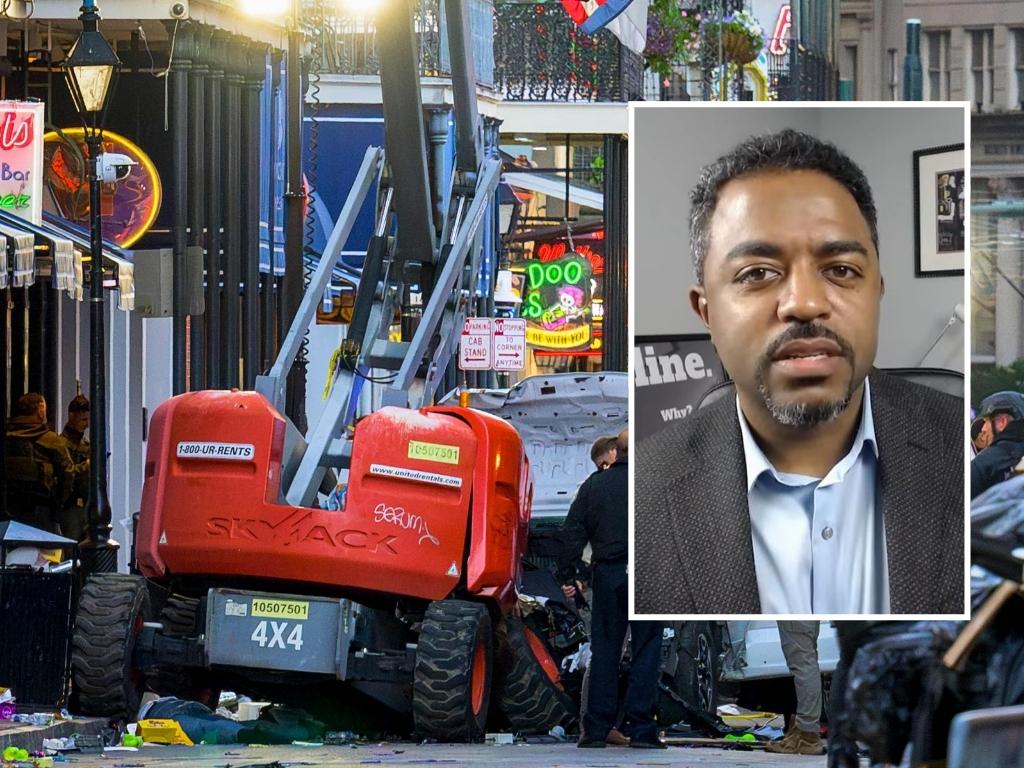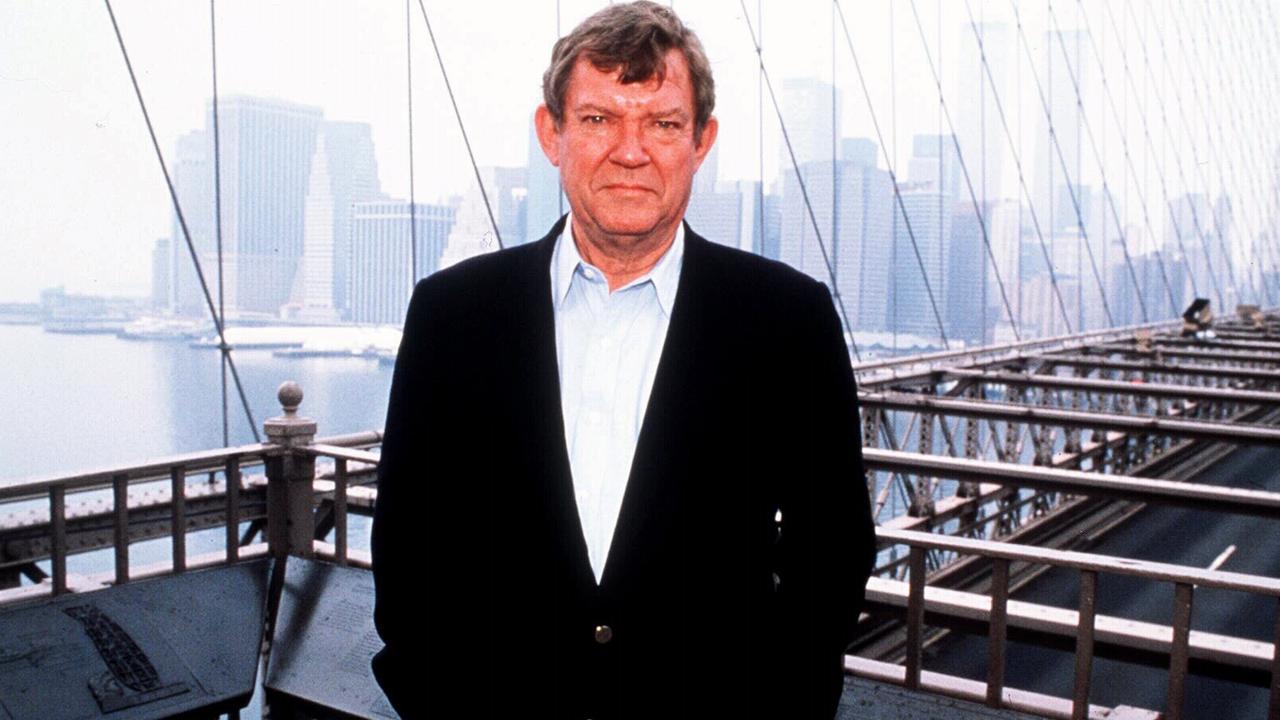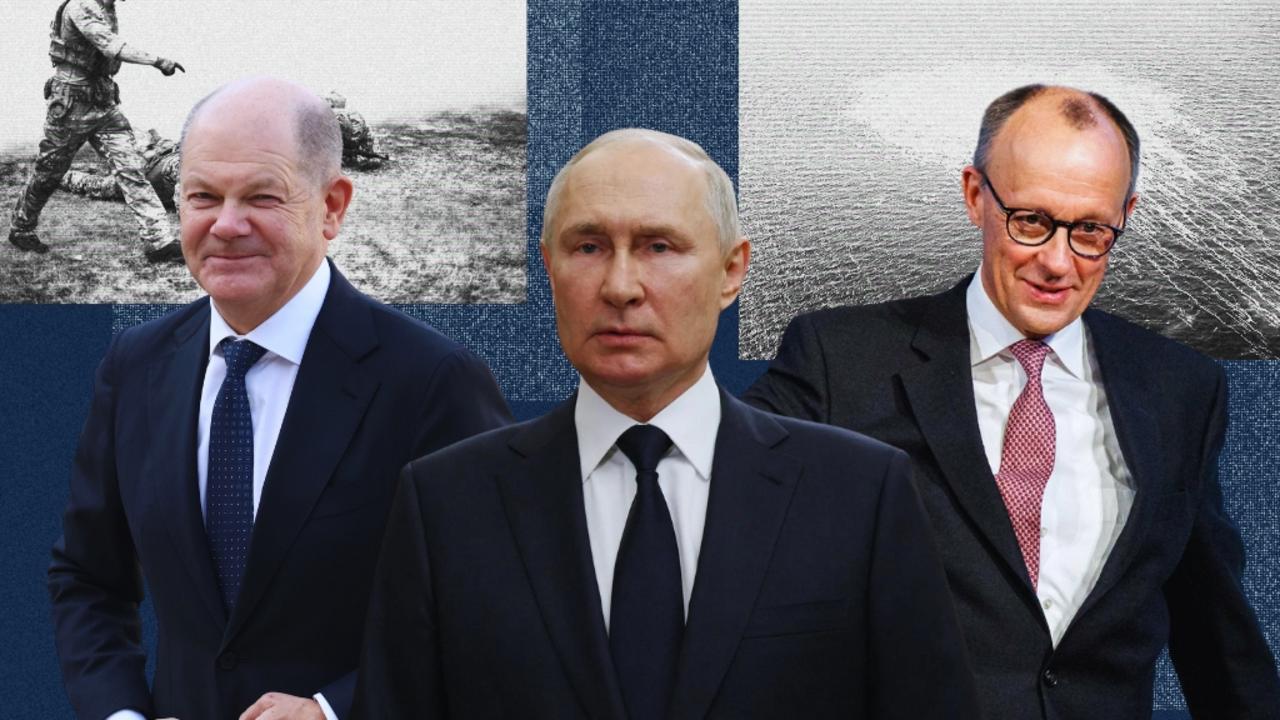Shamsud-Din Jabbar puts spotlight on radicalisation in the military
The ISIS-inspired terrorist attack in New Orleans and the Las Vegas cybertruck bomb suggest Donald Trump will face a growing threat from homegrown extremism.
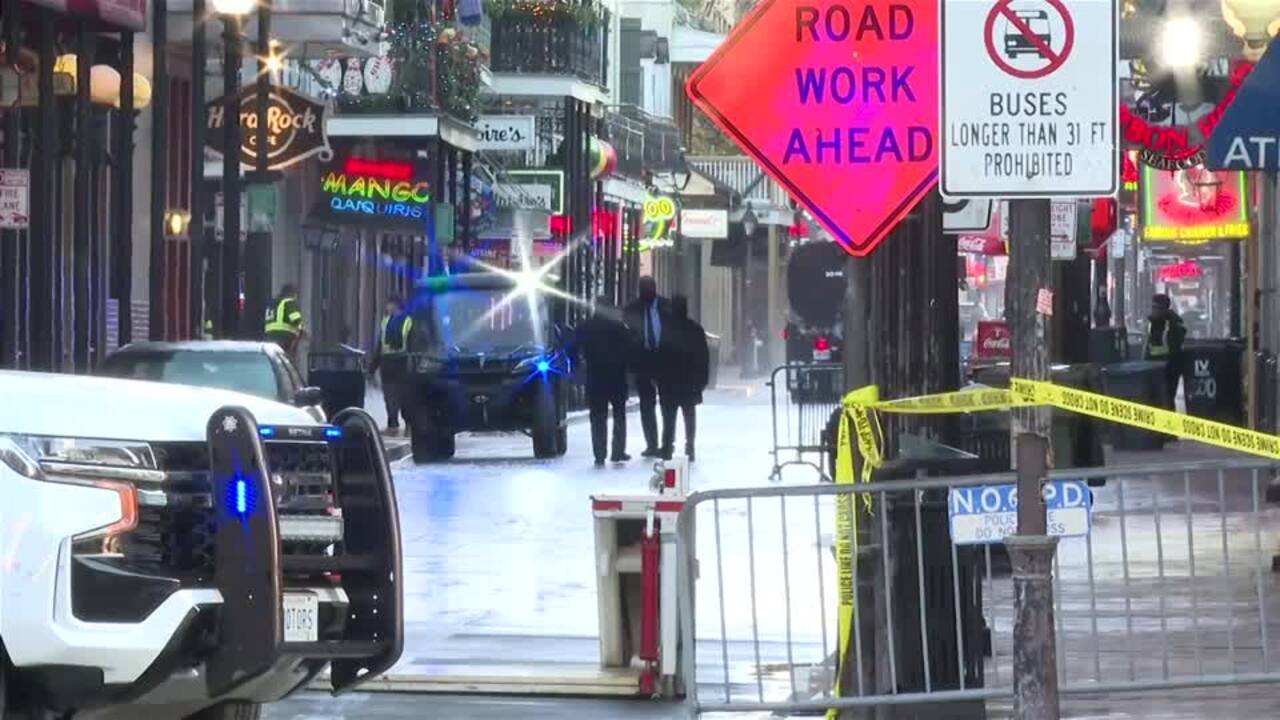
Two men served their country, with long, distinguished military careers at home and overseas. But both eventually turned against America, carrying out deadly attacks on New Year’s Day that highlighted the growing threat of homegrown violent extremism in America.
Shamsud-Din Jabbar, 42, who killed 14 people when he drove a pick-up into crowds in an Isis-inspired attack in New Orleans, spent a decade in the military in non-combat roles, with one of his commanders calling him “a great soldier”.
Matthew Livelsberger, the 37-year-old who died when he blew up a Tesla Cybertruck outside the Trump hotel in Las Vegas, was on leave and had served 19 years in the US army and special forces. His motive was unknown, but he was a highly decorated soldier and had a medal for courage under fire.
Neither suspect appears to have been on the radar of intelligence services, despite warnings of a convergence of factors creating ideal conditions for extremist radicalisation.
Four months ago, Christopher Wray, the director of the FBI, said that he was “hard pressed to think of a time in my career where so many different kinds of threats are all elevated at once”.
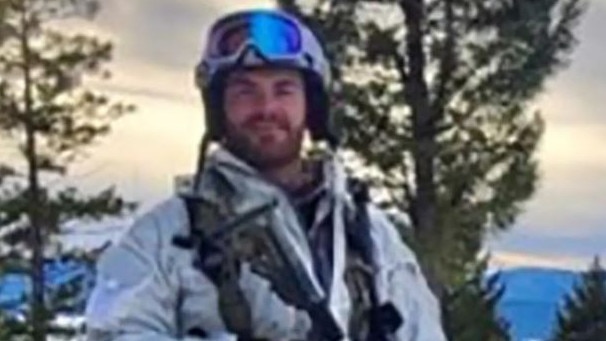
The domestic terrorism threat will present a particular challenge for the incoming president, Donald Trump, who in 2019 took credit for the “100 per cent” defeat of Isis and has appointed a security team focused on cutting the reach of the intelligence community.
“Trump is appointing people who want to decimate the agencies that do the security work, and who want to eradicate the FBI and relentlessly attack homeland security, including the tiny amount of prevention work that they do,” said Cynthia Miller-Idriss, an expert on extremism at the American University in Washington.
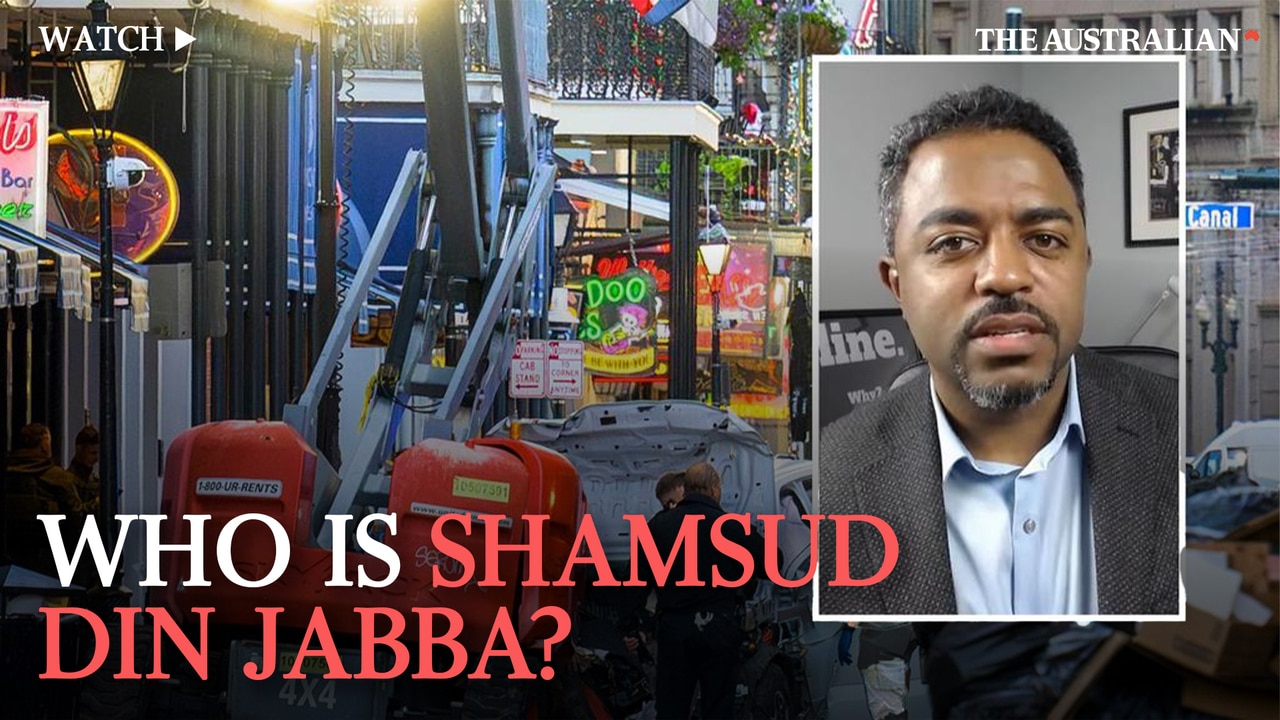
She said this was deeply concerning when there was an extremism threat from across the political spectrum, including far right and anti-immigrant groups, as well as lone wolf attackers such as the man who shot dead Brian Thompson, the chief executive of United Healthcare, in New York last month.
“There’s this idea that violence has become an acceptable solution to problems,” she said, citing the response to the shooting of Thompson, which was celebrated as a justified political act in some circles. “We see that in the data: support for political violence and willingness to engage in it has increased across the board.”
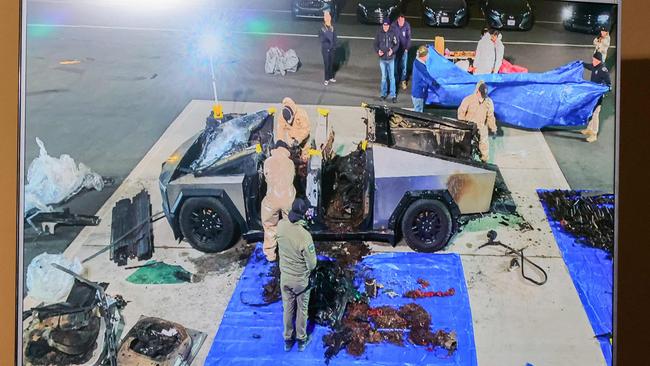
Just before Christmas, the FBI announced that they had arrested a man in Virginia who had more than 150 bombs and had expressed support for the assassination of Kamala Harris, the vice-president. Mr Trump survived two assassination attempts during the election campaign.
Mr Wray’s concerns included domestic extremists radicalised by the Hamas attacks on Israel on October 7 and Israel’s retaliatory war on Gaza. He also mentioned the growing threat from the Isis-K group that killed 137 at a Russian concert hall in March last year, warning of “the potential for a co-ordinated attack here in the homeland”.
In early December, the FBI and other security and intelligence agencies warned of lone wolf attacks during the holiday season, mentioning “vehicle ramming” as one of the preferred tactics.
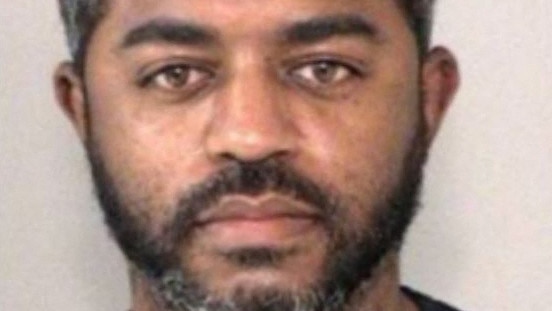
But Mr Wray is now on his way out, likely to be replaced with Mr Trump’s pick for head of the FBI, Kash Patel, who has threatened to shut the agency’s Washington headquarters and has spoken about reducing the size of the federal intelligence agencies.
In public statements, he has appeared more focused on pursuing Mr Trump’s perceived enemies, vowing to “go out and find the conspirators” he alleged were involved in denying Mr Trump the 2020 election, despite no evidence of electoral fraud.
Mr Patel is also accused of stoking extreme narratives, suggesting in public statements that he supports elements of the QAnon extremist conspiratorial group. He says that they “had been right on so many things”.
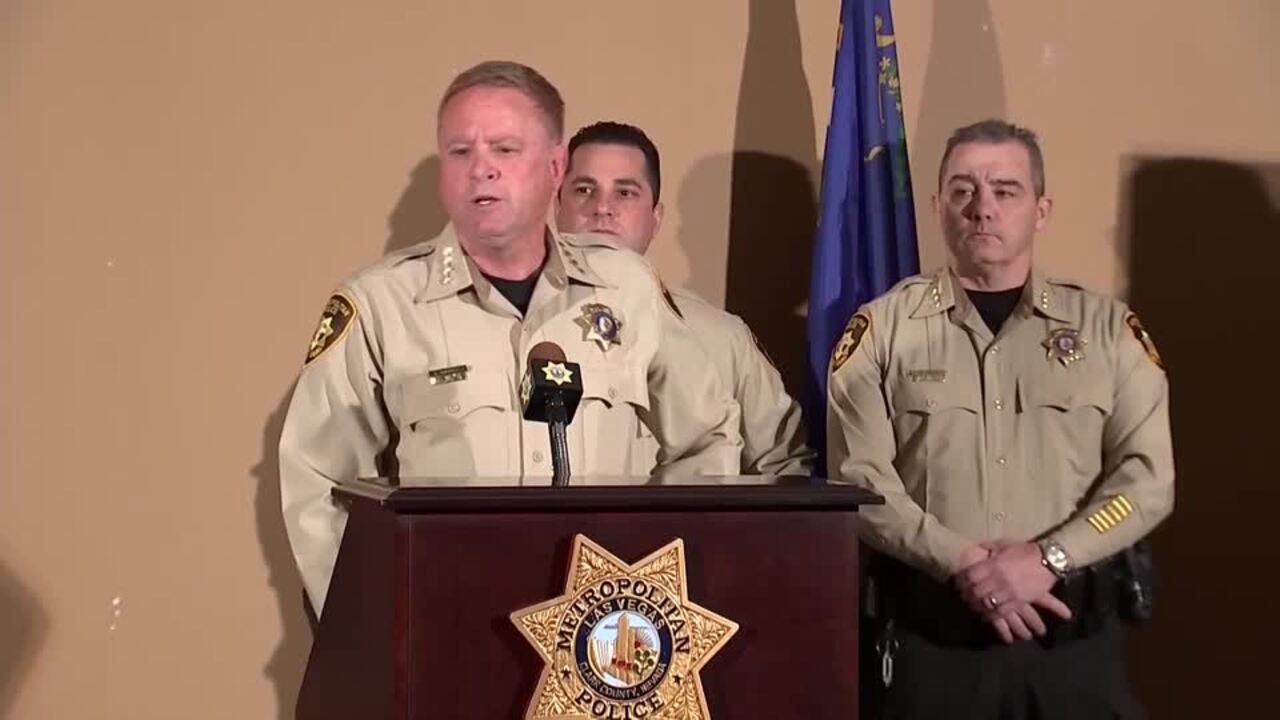
Alex Pfeiffer, a Trump transition spokesman, said on X on Thursday that Mr Patel “is a former terrorism prosecutor with extensive experience bringing Islamic terrorists to justice [and] will implement President Trump’s policies and keep Americans safe”.
Mr Trump has continually downplayed far-right extremism and courted far-right groups in America. He has called those jailed over the January 6, 2021 insurrection at the US Capitol “political prisoners”.
His comments about Islamist extremism have focused on the southern border, where he says “terrorists” have been entering the US. He appeared to double down on that rhetoric after the New Year’s Day attacks, blaming “open borders” for “radical Islamic terrorism”.
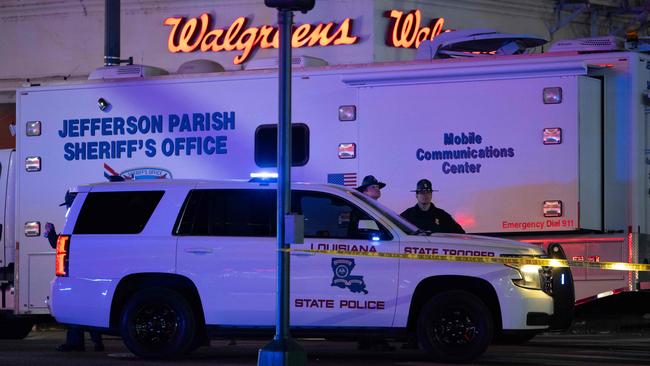
However, both Jabbar and Livelsberger were born in the United States. The authorities say they can see no connection between the Las Vegas bomb and the New Orleans attack. A striking similarity, however, is the military careers of both men. Jabbar and Livelsberger even served in the same base in North Carolina.
Extremism experts have been warning for years about the problems of radicalisation among serving military members and veterans. An analysis by the Associated Press last year found that more than 480 people with a military background had been accused of ideologically driven extremist crimes from 2017 to 2023.
Their data showed that people with military backgrounds have been radicalised at a faster rate than the general population.
Brad Galloway, a deradicalisation specialist with the Organisation for the Prevention of Violence and Life After Hate, has worked with military veterans, and said that problems including PTSD can make them vulnerable.
“It opens different doors of their ability to compartmentalise extreme violence,” he said. “The training, the different things that you get in there, are assisting points for these folks when they’re putting together these ideas.”
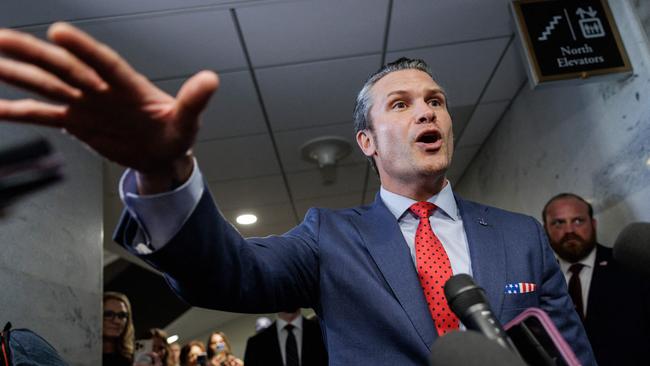
Mr Trump has nominated the military veteran and former Fox News host Pete Hegseth as the next defence secretary, which has caused some concern given his comments suggesting Christians are engaged in a crusade against Islam, which he claimed was “not a religion of peace”.
Matthew Taylor, a senior scholar at the Institute for Islamic, Christian and Jewish Studies, said: “I worry that not only will any efforts to root out or address far extremism in the military just disappear under his leadership, I worry that those elements that are already embedded within the US military will be emboldened.”
Ms Miller-Idriss said much of the hyper-masculine rhetoric from figures such as Mr Hegseth and Mr Trump portraying young men as oppressed was heightening the sense of injustice and anger among a group already susceptible to extremist ideology.
Coupled with the continued lack of investment in radicalisation prevention and disinformation campaigns by China and Russia determined to stoke polarisation, she was not optimistic about the years ahead.
“I do think things are going to get worse before they get better – if they get better,” she said.
The Times


